Maharashtra assembly polls: Who has the edge?
- Rommel Rodrigues
- Oct 15, 2024
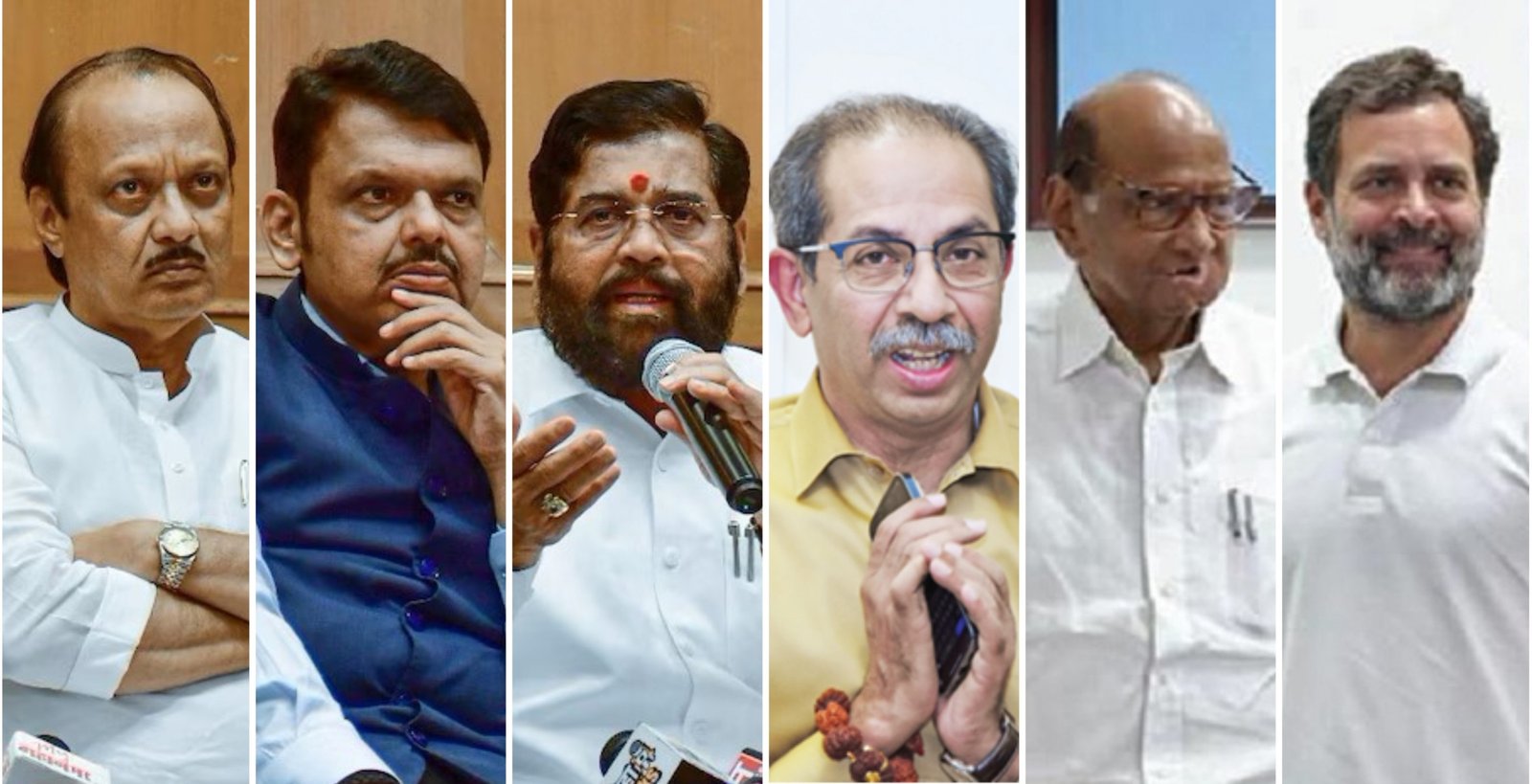
Mahayuti vs MVA set for 'Maha' poll battle in Maharashtra
MUMBAI: The Election Commission of India announced on Tuesday that the assembly elections in Maharashtra will take place in a single phase on November 20, and the assembly elections in Jharkhand will be conducted in two phases on November 13 and 20, with votes from both states to be counted on November 23, but among the two states Maharashtra's will be keenly watched elections.
For the first time in the recent past, the political landscape of Maharashtra appears more fragmented and competitive than ever, with several parties within the two major alliances setting the stage for a closely contested battle.
The ruling Mahayuti coalition, led by Chief Minister Eknath Shinde of the Shiv Sena, the Bharatiya Janata Party (BJP) and the Ajit Pawar-led Nationalist Congress Party (NCP), faced setbacks in the recent Lok Sabha elections. However, it seems to have regrouped, putting its strategies into action and hoping to leverage its combined resources and political influence to secure a victory.
The recent Haryana elections saw the BJP defy all predictions by winning with a significant margin for a third consecutive term. This outcome has provided a much-needed boost to the alliance in Maharashtra, making them reasonably optimistic about their chances, especially after the national elections. They are banking on their coalition strength to retain power.
Going beyond the cast dynamics the alliance has tried to address issues like the agrarian crisis and falling prices of onions and key crops like cotton and soybean, which impacted their performance in Lok Sabha elections. Emulating the idea of former MP chief minister Shivraj Singh Chouhan the government has recently launched the Ladki Bahin (beloved sister) scheme which has already directly benefited 1.85 crore women out of 4.6 crore female voters in the State. Both CM Shinde and his deputy Ajit Pawar are going all out, making this scheme the hallmark of their people-friendly governance.
On the other hand, the opposition bloc known as the Maha Vikas Aghadi (MVA), which includes the Congress Party, Uddhav Balasaheb Thackeray's Shiv Sena, and Sharad Pawar-led NCP (SP), is buoyed by its performance in the Lok Sabha elections, which has renewed their confidence. However, the coalition faces challenges regarding seat-sharing and political space in the state, and the bone of contention on the chief ministerial face, yet they are determined to reclaim power.
To a large extent, the MVA has successfully drawn public attention to critical local issues, particularly in light of recent splits within the Shiv Sena and NCP. Key issues they have highlighted include unemployment, farmer distress, and infrastructure development, all of which are central to their election campaigns.
The Thackeray-led Sena, once a dominant force in Maharashtra politics, is now striving to regain its footing after experiencing a tumultuous period marked by internal splits and declining traditional support. The party aims to reconnect with its core voter base by emphasizing regional pride and local issues. However, consolidating this support will be crucial for the alliance, which includes the experienced political veteran Sharad Pawar, who is also leading a splintered faction following the NCP's division.
The Congress Party's strategy focuses on capitalizing on discontent with the current administration while presenting itself as a clear and appealing alternative. Its inclusive approach has had merits in the past, but its effectiveness in the current political climate remains to be seen.
The opposition bloc is set against the BJP, which is currently riding a wave of momentum. With a robust organizational structure and substantial financial resources, the BJP is well-positioned to launch a formidable challenge. The party has successfully branded itself as a reliable deliverer of promises, which could sway undecided voters in its favour. Its emphasis on development, infrastructure, and economic growth resonates with many voters seeking stability and progress following years of political upheaval.
The political dynamics in Maharashtra have always been more complex than in any other state in the country. The final outcome will depend on various factors, including voter turnout, campaign strategies, and last-minute alliances. This time, the electorate's response remains uncertain, and the divisions within major parties have added a layer of unpredictability, making it difficult for experts to predict a clear winner at this stage.
While both alliances are making promises to address the concerns of the populace, both the Mahayuti and MVA have their inherent strengths and weaknesses. It will be interesting to see how the electorate responds. It is certain that this state, known for its vibrant political culture, will witness a fierce battle between the two blocs. The scales could tip in either direction and regardless of the outcome, the elections will undeniably shape Maharashtra's future political landscape.



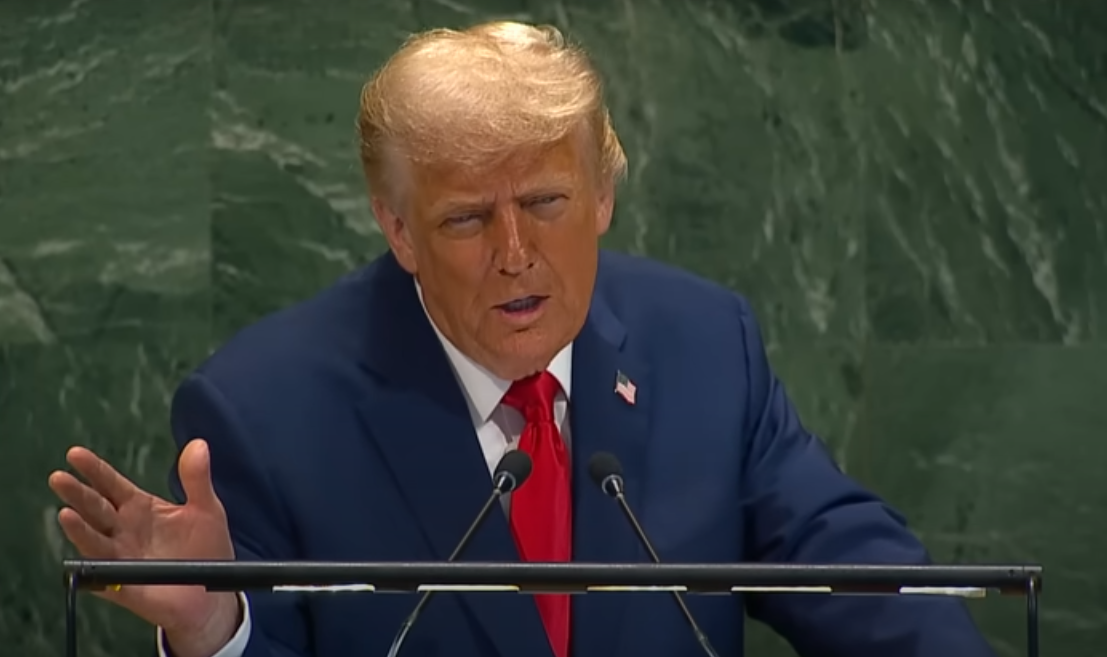
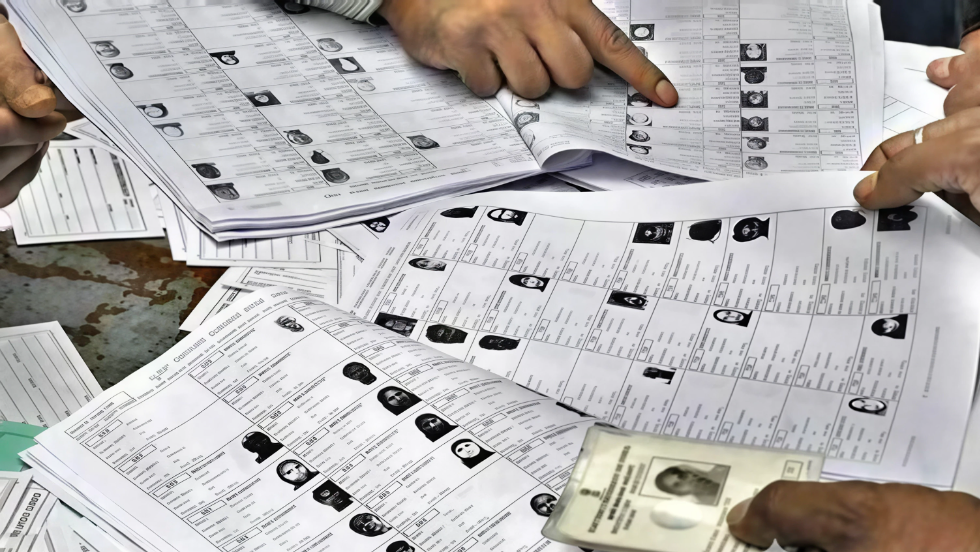
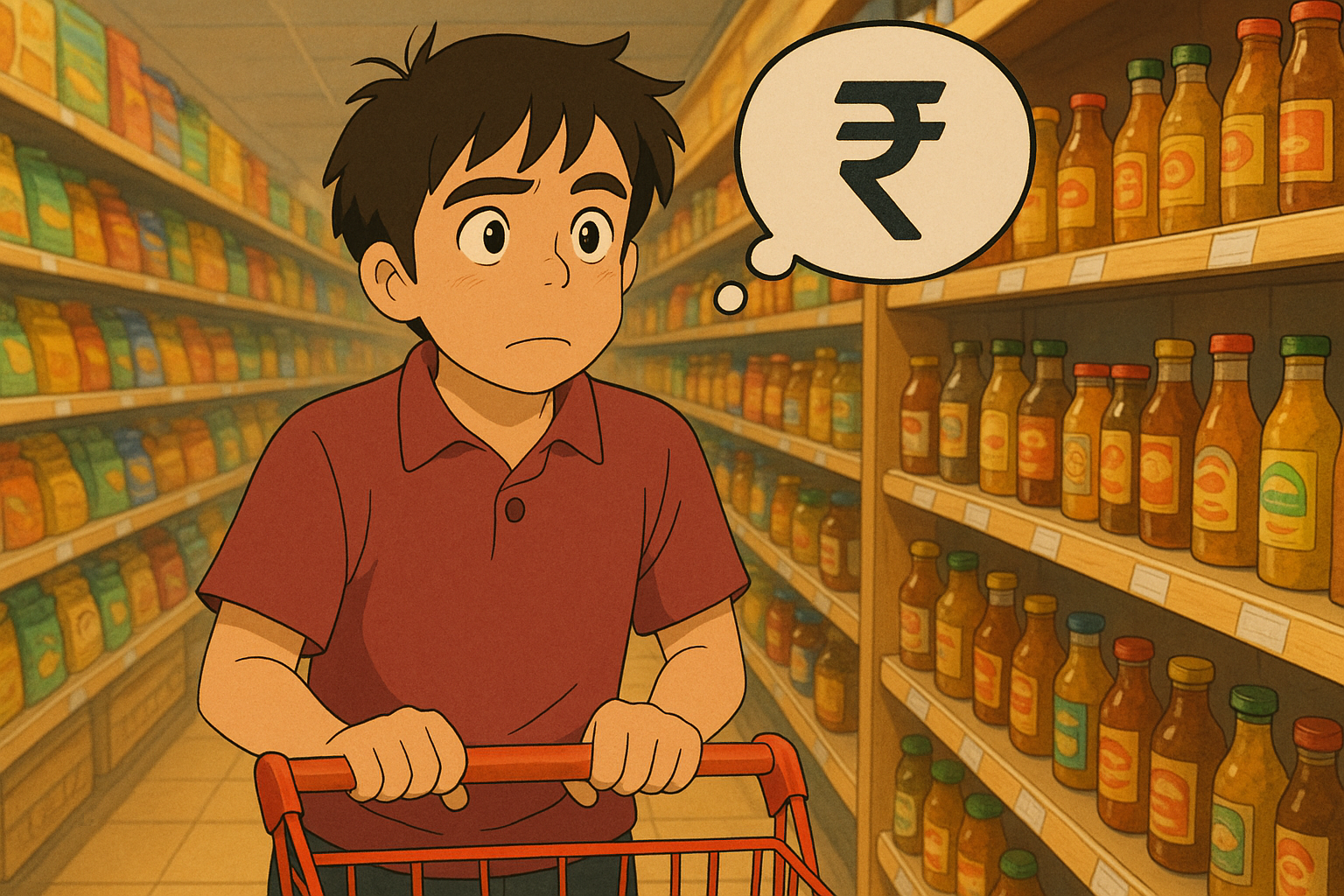
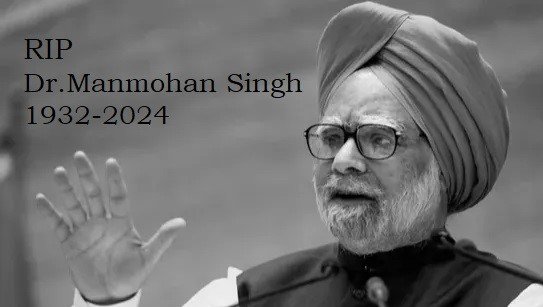
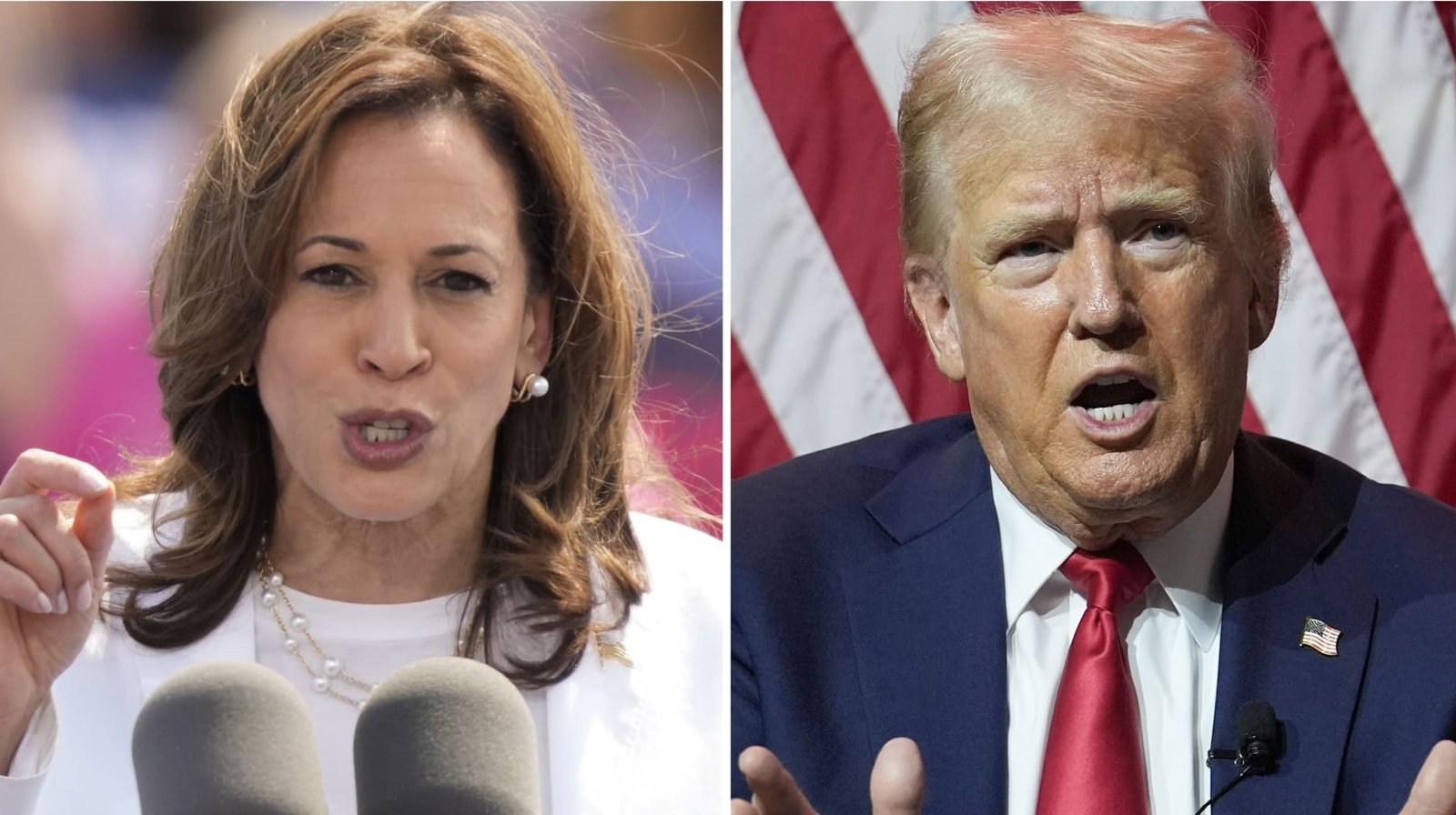
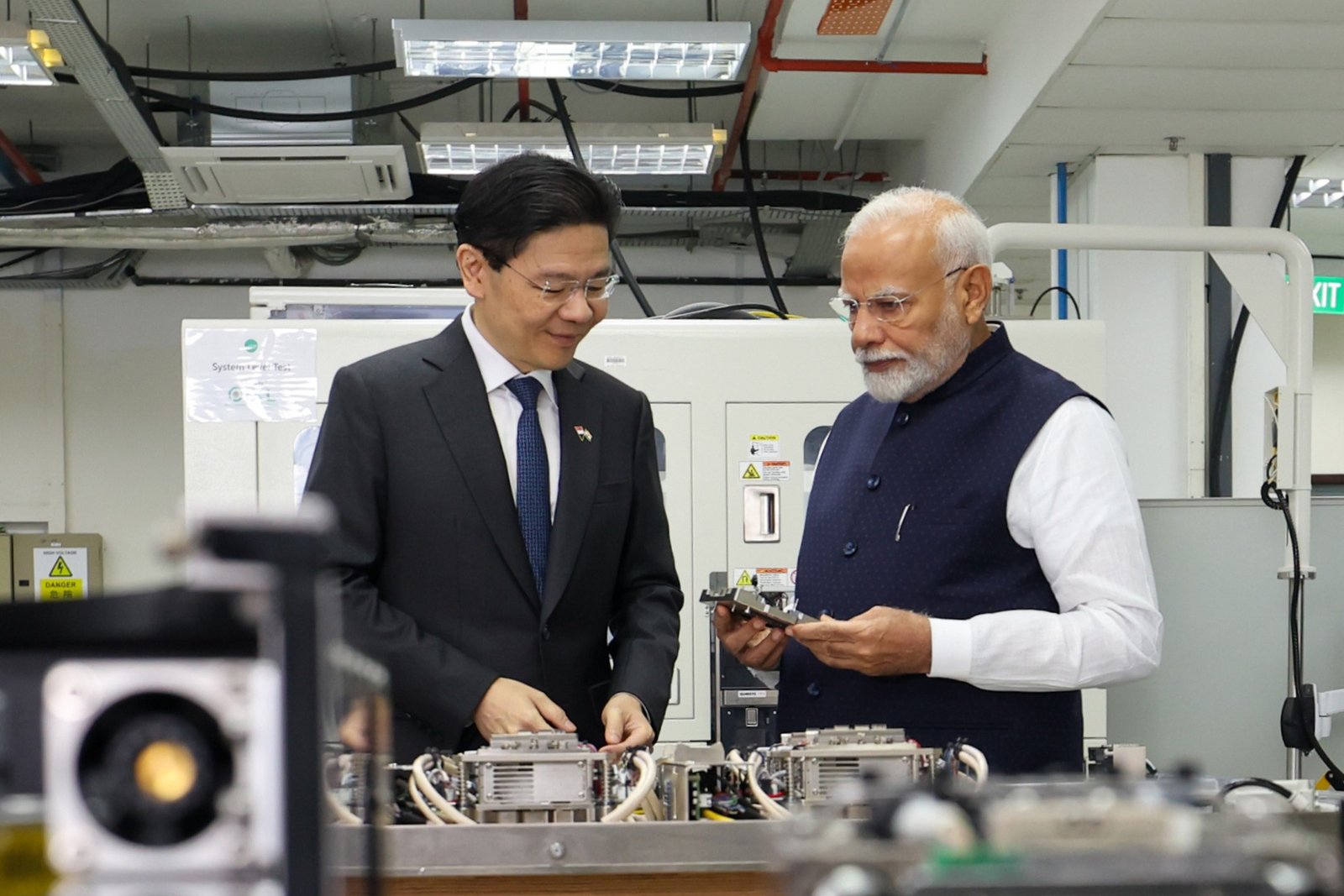
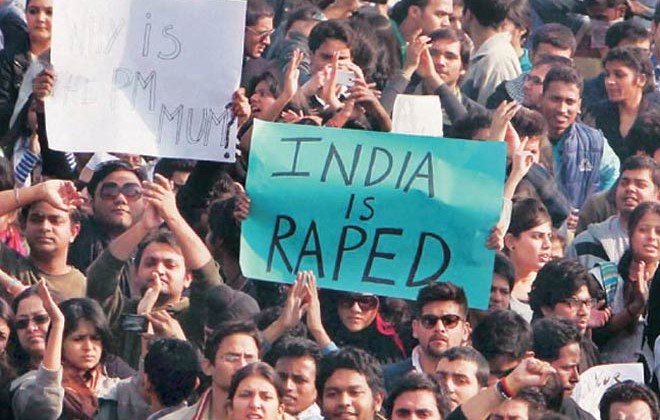
Reporter
Rommel is our Editor. He has close to three decades of experience in leading publishing houses including, Fortune India, Observer of Business & Politics, The New Indian Express etc.
View Reporter News